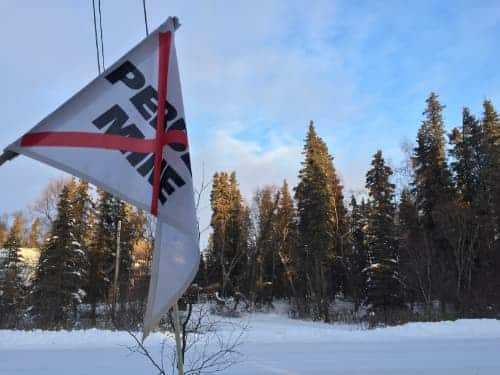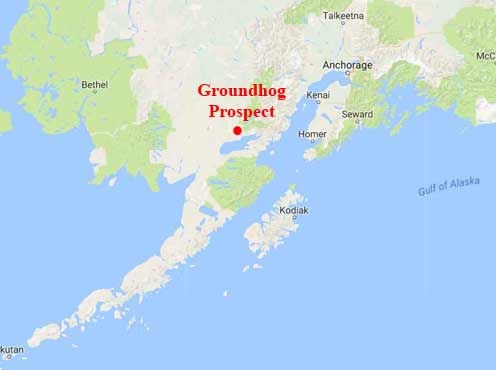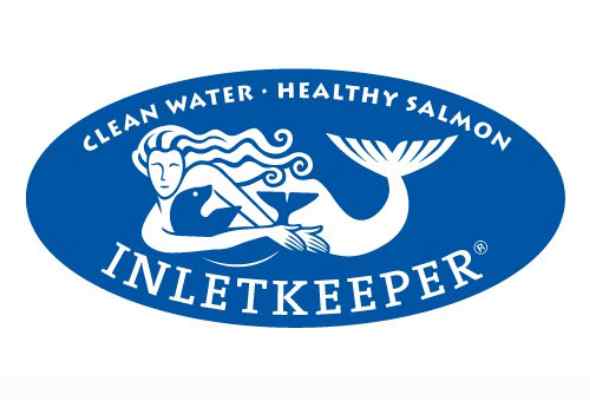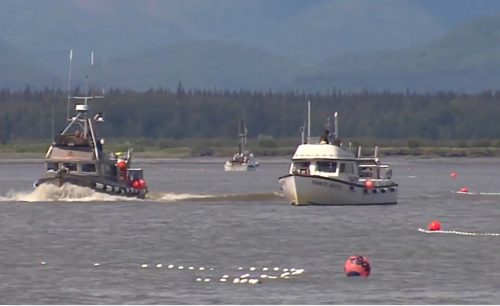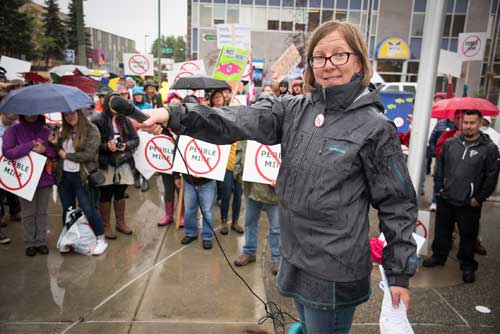Anchorage, Alaska – Superior Court Judge Eric Aarseth issued a 154-page decision in Nunamta Aulukestai v. State, finding that the State did not violate Article VIII of the Alaska Constitution in issuing temporary, revocable land and water use permits for mineral exploration at the Pebble Project.
Plaintiffs, a group of eight Bristol Bay village corporations and several individuals, filed suit in July of 2009, alleging that the Alaska Department of Natural Resources’ (DNR’s) permit issuance amounted to a disposal of interest in state lands that required public notice and preparation of a written best interest finding before the permits could be issued.
The common theme in each of plaintiffs’ five constitutional claims, according to Judge Aarseth, was that the permits essentially granted Pebble Limited Partnership and its predecessors the exclusive use of an interest in state land and water as part of the authorized mineral exploration activities. The plaintiffs also invoked the “public trust doctrine” in their lawsuit; this doctrine prohibits the exclusive grant of certain public assets to private individuals or organizations. The plaintiffs also claimed that mineral exploration at the project significantly impacted area resources and fish and wildlife habitat.
The case went to trial before Judge Aarseth for two weeks in December of 2010. In this decision, Judge Aarseth rejected all of plaintiffs’ constitutional claims. He found that the State was not required to provide public notice or a written best interest finding before DNR issued the permits, and the permits could be revoked at any time, for cause or at will. He also found that the evidence at trial did not support plaintiffs’ claims that mineral exploration activities in the Pebble Project area were significantly impacting or causing long-term harm to concurrent uses. Judge Aarseth also held that the permits authorizing the mineral exploration activities did not grant Pebble Limited Partnership an “exclusive use” of state land and water. Just as importantly, the court held that “the public trust doctrine only applies to exclusive grants of natural resources by the State and it does not mandate any procedural requirements in the form of a best interest finding or any other determination.”
“Judge Aarseth’s decision fairly and comprehensively analyzed the complex trial testimony and legal arguments, and we appreciate the care with which he drafted his findings and conclusions,” said Attorney General John J. Burns.
Source: Alaska Department of Law


